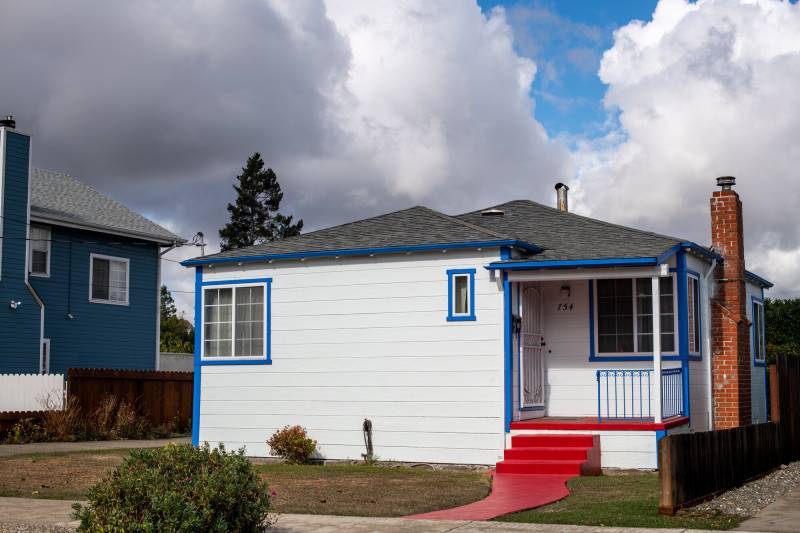Invitation Homes didn’t adequately prepare homes for residents to move in and didn’t respond quickly to complaints from tenants, according to the complaint. The investigation found renters often moved into homes that were dirty or had broken appliances.
In a particularly harrowing report, Farrar said the heat was not fixed for several days at a home that a pregnant woman moved into during winter.
“The company promises 24-hour, seven-day-a-week emergency services,” Farrar said. “But clearly, they were not delivering on those promises.”
Farrar said while this lawsuit is rare, it reflects a change in the marketplace as more large investors purchase single-family homes and rent them out.
Invitation Homes also allegedly withheld security deposits from 65% of its tenants and only returned them if tenants complained to the company.
During the pandemic, Invitation Homes’ customer service agents were instructed to steer residents away from filing for protection under the federal eviction moratorium and instead pushed them to fill out the company’s “hardship affidavits,” which had no legal effect and allowed the company to evict people during the moratorium period, according to the complaint.
As part of the settlement agreement, which a federal judge must approve, the company agreed to advertise accurate rental prices, accurately represent the condition of properties and overhaul its security deposit practices.
Leah Simon-Weisberg, executive director of the California Center for Movement Legal Services, said the FTC’s actions against Invitation Homes represent an important step in the right direction.
“It’s really important that we not think that the private market is going to solve the housing affordability crisis,” she said. “The government needs to really center tenants in their approaches to fixing the housing crisis.”
California legislators have tried to stifle corporate landlords’ ability to purchase single-family homes in bulk and rent them out like Invitation Homes has done across the country.
All of those bills introduced this year failed to make it to Gov. Gavin Newsom’s desk, but even if they had, it’s “hard to put the genie back in the bottle at this point” after corporate landlords have spent years buying up homes, said Fields, the UC Berkeley professor.
Instead, she said, policies like rent control “that are about really targeting the effects of these business practices on renters and tenants are more apt.”


